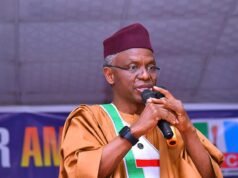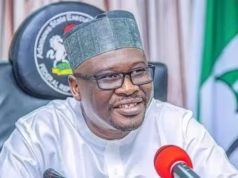In a decisive move, Nigeria’s Minister of Education, Dr Tunji Alausa, has issued a sweeping directive that unqualified school teachers must be removed from classrooms across the country. His instruction to federal, state, and local education authorities comes amid mounting concerns about the impact of underqualified educators on learning outcomes.
Table of Contents
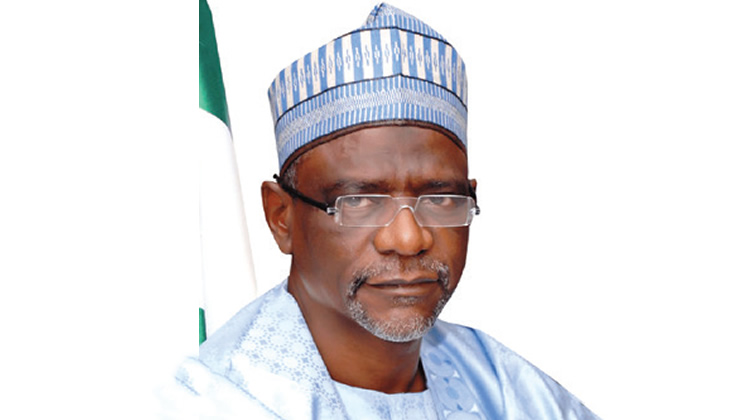
A Bold Stand on Upholding Teaching Standards
In a statement issued just hours ago, Dr Alausa called for a comprehensive audit of teaching staff in all schools—public and private—to identify and remove personnel lacking the necessary credentials. According to the minister, the action is imperative to:
- Ensure classrooms are led by teachers with recognized credentials and training.
- Boost academic performance and restore confidence in the education system.
- Prevent further erosion of standards that threaten children’s prospects.
He emphasized that local governments, responsible for employment in many public schools, must enforce compliance swiftly and thoroughly.
Why This Call Matters Now
Nigeria’s education sector is already grappling with critical challenges. Recent data reveals a severe teacher shortage: approximately 499,000 qualified teachers are currently available for some 694,000 posts, leaving a gap of nearly 195,000. Even more alarming: many classrooms rely on temporary or community-hired personnel without proper teaching credentials.
The minister’s directive arrives amid growing concern over the retention of unqualified staff. Stakeholders have long warned that:
- Many schools employ individuals without certification.
- Teaching quality suffers when untrained teachers take the classroom.
- Poor record of teacher recruitment and deployment compounds the crisis.
This new ministerial direction signals a turning point—a test of political will matched to policy urgency.
What the Government Expects
Dr Alausa outlined clear expectations:
- Verification of Certification
Authorities must confirm that teachers hold at least the minimum qualification (e.g., Nigeria Certificate in Education (NCE) or equivalent diplomas required for primary and secondary levels). - Immediate Removal of Ineligible Staff
Those lacking the qualifications must be disengaged or reassigned pending professional certification. - Monitoring and Enforcement
Deployment of educational inspectors to every region to verify compliance and report non‑conforming cases.
The minister warned that failure to comply will attract sanctions, including funding repercussions and administrative penalties. Federal funds, he implied, may be withheld from non-cooperative states or local governments.
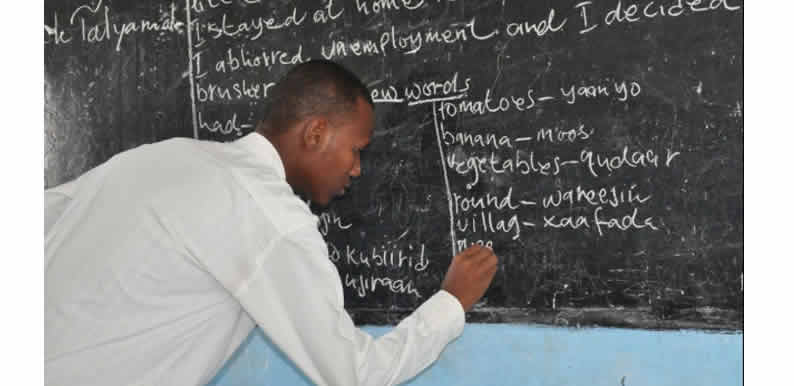
How This Affects Students and Schools
For learners, the move should translate into more qualified educators in front of classes, enhancing teaching quality, student engagement, and examination preparedness. As evidenced in reports, richer educational environments produce significantly better outcomes than understaffed or informally staffed classrooms.
Educational stakeholders—including parents and civil society—have welcomed the statement. They see it as a vital step toward reversing the consequences of neglect and poor recruitment practices.
Reactions: From Teachers, Unions, and Officials
Union leaders, including those in the Nigeria Union of Teachers (NUT), see the directive as long overdue. They’ve consistently complained about:
- Local governments are employing under-qualified teachers due to budget constraints.
- Lack of implementation of agreed conditions such as back-pay, allowances, and promotions.
Though supportive of higher standards, unions caution that the government must also improve support and training pathways for existing teachers to meet qualification benchmarks. Abrupt removal, they argue, could worsen the staffing shortage unless capacity-building initiatives are scaled up.
State and local officials have yet to issue official responses. However, given that development grants and local funding often hinge on compliance with educational policies, there is a strong incentive to act.
Challenges and Considerations in Implementation
Implementing a nationwide purge of unqualified teachers will not be without its hurdles:
- Administrative Overhaul Required
Local governments and Boards of Education must refresh payroll systems, audit staffing lists, and manage the redeployment or dismissal processes. - Training and Certification Gaps
Many existing teachers may lack formal training, but are committed and experienced. Removing them without offering certification alternatives risks exacerbating teacher shortages. - Capacity of Training Institutions
Institutions such as the National Teachers’ Institute (NTI) and others need to scale up fast-track programs to support in-service teachers pursuing qualifications. - Equity and Access Concerns
Schools in rural or marginalised areas could be disproportionately affected if replacements are unavailable, potentially disrupting educational continuity.
The minister has indicated that transitional arrangements will be considered, but details remain sparse.
The Broader Context
Nigeria has long struggled with aligning credentials to classroom delivery. An estimated 1:35 teacher‑pupil ratio, well above UNESCO’s recommended 1:25, reflects structural weaknesses. In many regions, the quality shortfall results not only from a lack of teachers but from the inadequate training and supervision of existing ones.
International examples show that rigorous standards for teacher qualifications lead to improved student outcomes. Several African countries have made qualification a cornerstone of educational reform, declaring that a qualified teacher must be at the head of every class.
What’s Next: Implementation and Follow‑Up
Dr Alausa has directed the education boards and inspectorate corps to mobilise immediately. Reports detailing the status of staffing, compliance timelines, and progress on training pipelines will be submitted to his office monthly.
Plans are reportedly underway to:
- Deploy fast-track certification programs for teachers in place who lack qualifications.
- Engage private sector partners and NGOs to expand training access.
- Leverage data-driven monitoring, including digital profile systems to track teacher credentials across all states.
This multi-pronged approach—enforcement, training, technology, and oversight—reflects a holistic strategy. It suggests that the minister sees the directive not simply as disciplinary, but as an opportunity for renewal across the teaching profession.
What It Means for Nigeria’s Future
If effectively executed, this initiative could kickstart a system-wide reset:
- Professionalisation of teaching becomes imperative, elevating the profession’s status and stability.
- Improved quality in classrooms can enhance learning outcomes, closing the widening gaps in literacy, numeracy, and examination achievement.
- With stronger staffing standards, curriculum implementation becomes more meaningful and equitable.
Interim Concerns
Nonetheless, vulnerabilities remain:
- Potential teacher shortages, especially in underserved communities.
- The economic strain on local councils if dismissal rates spike before training pipelines respond.
- Risks of politicisation, if implementation is uneven or selective across states.
Addressing these requires strong coordination between ministries, state governments, training institutions, funding agencies, and civil society.
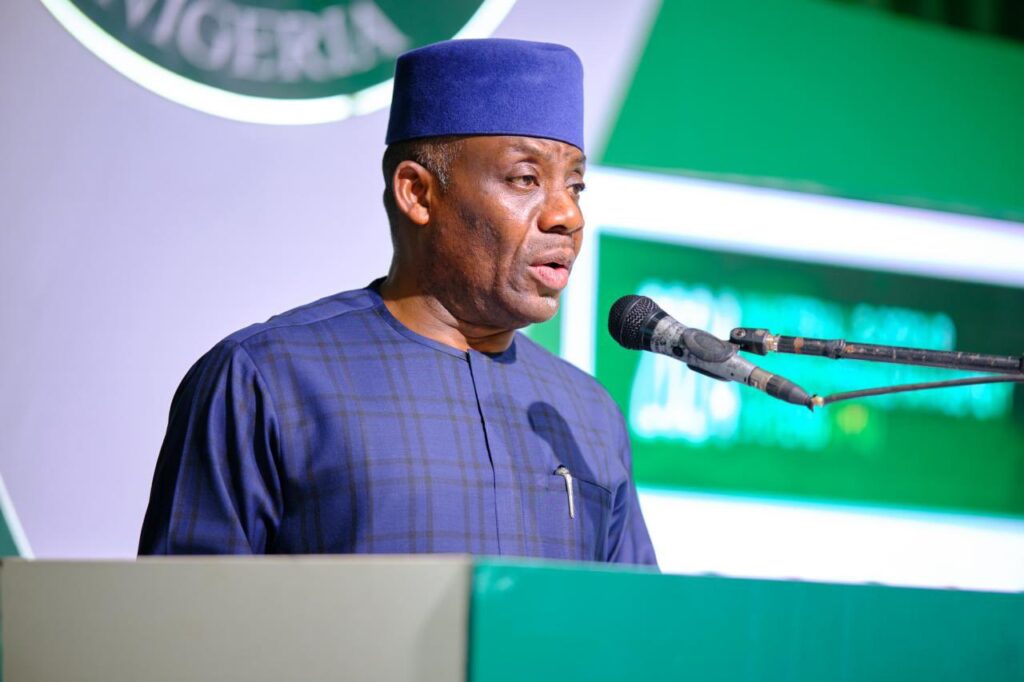
Conclusion
By demanding the removal of unqualified teachers nationwide, the Minister of Education has sent a bold signal: quality teaching matters, and standards must be upheld. There is no turning back.
But the real test will lie in the follow-through: whether authorities can truly clean up classrooms without disrupting access; whether educators will be supported to become fully qualified; and whether the change will be sustained across the system, beyond rhetoric.
For now, classrooms nationwide are under scrutiny—not just for what happens on the pages of curricula, but for who stands behind the podium.
Join Our Social Media Channels:
WhatsApp: NaijaEyes
Facebook: NaijaEyes
Twitter: NaijaEyes
Instagram: NaijaEyes
TikTok: NaijaEyes
READ THE LATEST EDUCATION NEWS



